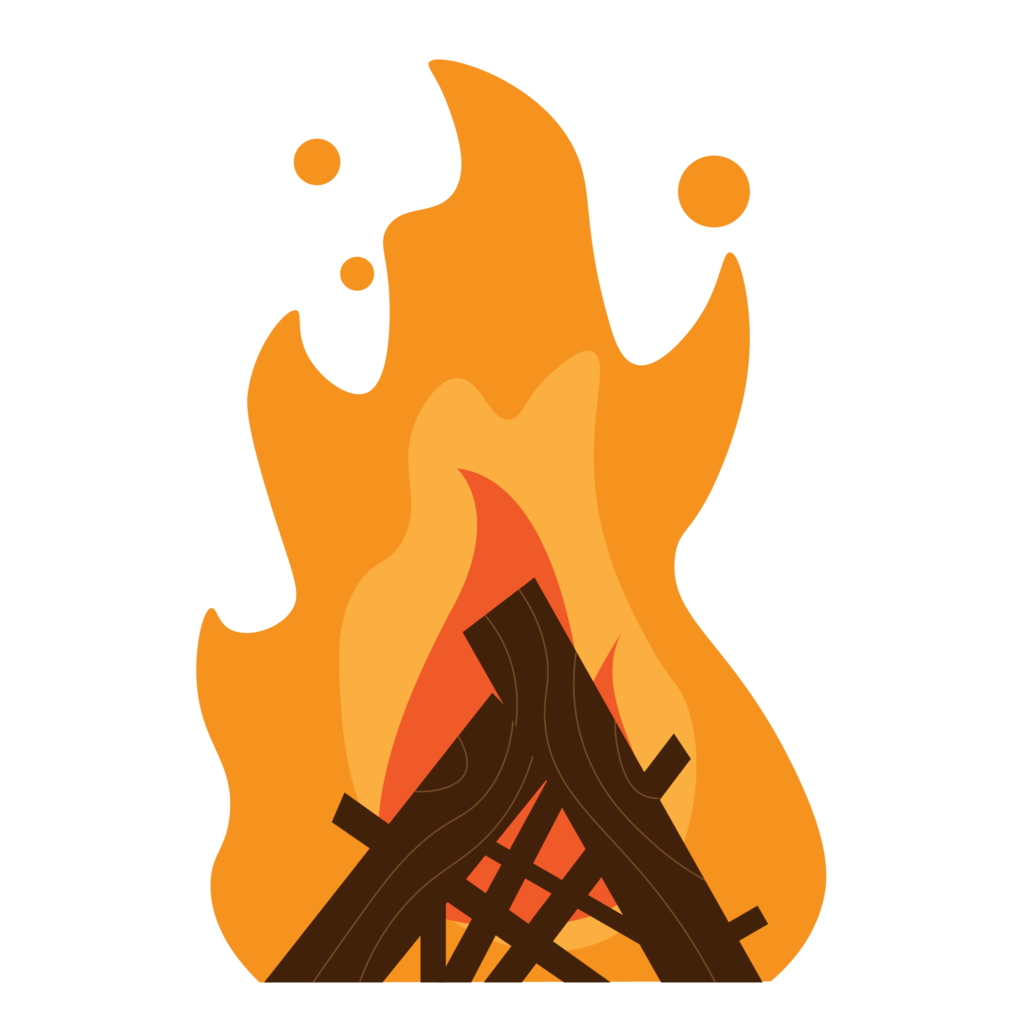Four Common Mistakes When Using Wood Stoves
Wood stoves are a great way to reduce your heating bill as well as providing aesthetic value to our homes.
However, burning wood takes some preparation and you have to make sure it is ready to burn safely through the winter months.
Below are 4 major mistakes people make with their wood stoves!
Not inspecting & cleaning your stove
You need to make sure your stove and chimney are ready for the season. There are a few things you’ll need to check
- Examine the firebrick lining and see if it needs replacing – the lining will keep the stove from overheating
- Make sure the chimney is cleaned. This will prevent chimney fires and help your stove burn more efficiently.
- Check the sealed door. You want a tight seal to make sure smoke doesn’t enter your house. The cord that’s around the door may need replacing on occasion.
Don’t neglect these steps as you could be at risk of a chimney or house fire.
 Not having enough fuel
Not having enough fuel
Running out of fuel in the middle of winter is not ideal. It is best practice to have too much wood than too little. How much you’ll need will depend on several things;
- How large your house is
- The efficiency of your stove
- They type of wood you’ll burn
- How often your light your stove
- Not storing your wood properly
Once you have your wood you need to make sure it is stored in the correct place it could affect the performance of your stove.
You don’t want your wood to get too wet as burning wet wood reduces the efficiency of your stove.
The best practice is to keep the wood out of the way in a dry shed and on a pallet so the air can circulate. Check out another blog about storing your wood!
Not having a backup plan
If something happens to your wood supply then you need alternatives. Some will burn quickly while others with smoulder for a while.
- Rolled old jeans
- Rolled paper logs
- Coffee logs
Bonus mistake
Not using the Firemizer winter pack! This will help you light your fire with an odourless firelighter and firemizer will increase your fire efficiency and reduce harmful particulates.
Are you prepared for the winter season?